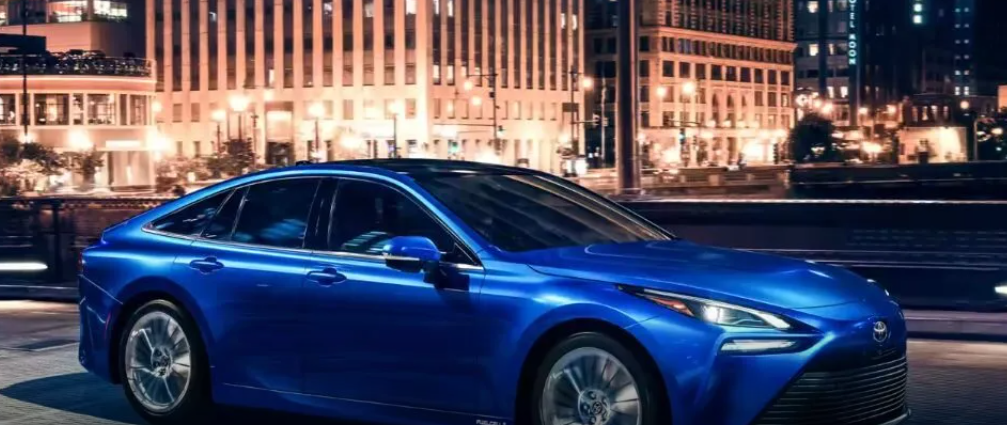These Mirai vehicles, which will play a pivotal role in transporting competitors and officials between venues, will rely on Air Liquide for refueling, solidifying the partnership between two giants in the sustainable transportation and energy sectors. Toyota’s association with the Olympics goes beyond mere sponsorship; it has held the title of the Olympics’ and Paralympics’ “Worldwide Mobility Partner” since 2015, showcasing its dedication to advancing eco-friendly mobility solutions.
Cédric Borremans, Head of Olympic and Paralympic Division of Toyota Motor Europe, emphasized the company’s commitment to demonstrating its innovative capabilities in hydrogen-powered mobility solutions at Paris 2024. He stated, “At Paris 2024, Toyota is preparing to show its innovative capabilities in the development of hydrogen-powered mobility solutions: this commitment will, together with other products, be demonstrated through the Mirai.”
However, while Toyota’s Mirai stands as a symbol of commitment to clean energy, it also reflects the challenges and complexities of establishing hydrogen fuel-cell vehicles in a market dominated by battery electric vehicles (BEVs).
The Mirai, launched in 2014, has strived to transition from a niche offering to a mainstream vehicle but has faced sluggish sales. By November 2022, only 21,475 units were sold globally, a modest figure for a car with such groundbreaking technology.
One of the challenges the Mirai faces is the pricing of hydrogen. In its key market, California, the state’s largest hydrogen fuel supplier significantly increased its pump price to a staggering $36 per kilogram, up from just over $13 per kilogram in 2021. This price hike threatens to undermine the economic viability of hydrogen-powered vehicles, raising concerns about their competitiveness compared to BEVs.
Toyota’s focus on hydrogen vehicles over the past decade has, in some ways, left it behind in the rapidly expanding BEV market. The bZ4X, Toyota’s only BEV model, has faced lackluster sales.
Recognizing the shifting tide in the automotive industry, newly appointed CEO Koji Sato unveiled plans to introduce ten new BEV models by 2026, with more to follow. Furthermore, Toyota aims to mass-produce a new solid-state battery by 2027, promising to double the range of BEVs. This move directly challenges one of the core advantages of hydrogen vehicles: their longer range.
